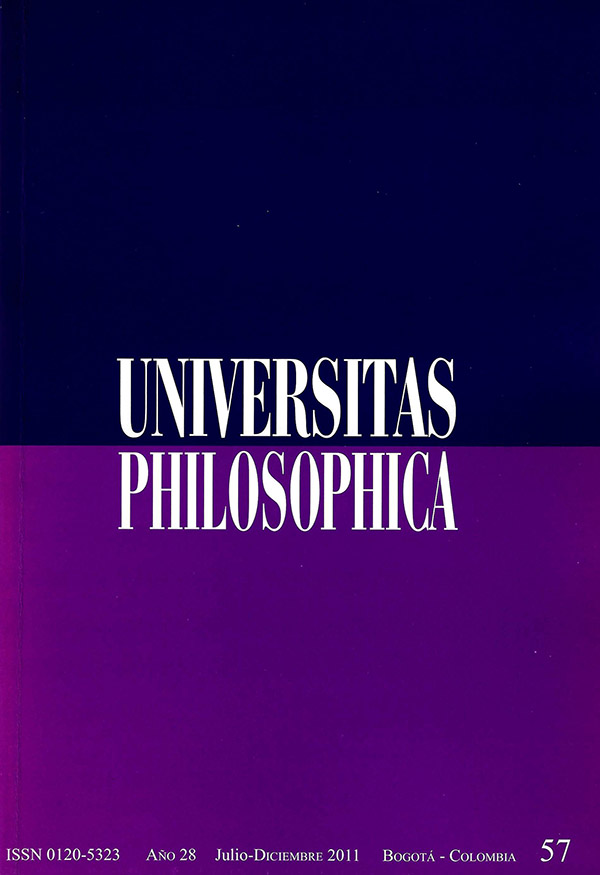Abstract
Some authors sustain that historical research is an effect of a specific historiographical context (Jenkins, 1991; González de Oleaga, 2009). An approach to the historiographical debate between constructivism and recontructivism is presented in this paper. Two theses are here defended. The first one affirms that the above mentioned debate is deeply related to epistemological questions (study of mental representations, different conceptions about historical reasoning functions, historical reasoning, cognitive bias, and informal falacies). The second thesis affirms that each historiographical conception can be understood as the effect of assuming a specific perspective about these epistemic questions. As an evidence of this, some connections between historiography and epistemology will be analysed through the analogy between the reconstructivism vs. constructivism debate, and the epistemological debate detectivism vs. constitutivism (Finkelstein, 2003).
This journal is registered under a Creative Commons Attribution 4.0 International Public License. Thus, this work may be reproduced, distributed, and publicly shared in digital format, as long as the names of the authors and Pontificia Universidad Javeriana are acknowledged. Others are allowed to quote, adapt, transform, auto-archive, republish, and create based on this material, for any purpose (even commercial ones), provided the authorship is duly acknowledged, a link to the original work is provided, and it is specified if changes have been made. Pontificia Universidad Javeriana does not hold the rights of published works and the authors are solely responsible for the contents of their works; they keep the moral, intellectual, privacy, and publicity rights.
Approving the intervention of the work (review, copy-editing, translation, layout) and the following outreach, are granted through an use license and not through an assignment of rights. This means the journal and Pontificia Universidad Javeriana cannot be held responsible for any ethical malpractice by the authors. As a consequence of the protection granted by the use license, the journal is not required to publish recantations or modify information already published, unless the errata stems from the editorial management process. Publishing contents in this journal does not generate royalties for contributors.


